In August 2025, the U.S. Department of Education announced a significant change to the Federal Work-Study (FWS) program. The new guidance prohibits using FWS funds for jobs related to political activities, such as voter registration, poll working, and political rallies.
This move reverses previous guidance from the Biden administration, which allowed such uses of federal funds.
Understanding the Federal Work-Study Program
The FWS program assists financially needy students by providing part-time employment opportunities. These jobs help students cover educational expenses while offering valuable work experience.
Historically, FWS supported roles related to civic engagement and political activism, but this new policy restricts such uses, emphasizing the importance of career-oriented employment.
Key Provisions of the New Guidance
Prohibition on Political Activities
The new guidance explicitly bans FWS funds from being used for partisan or nonpartisan political roles, including voter registration drives, operating voter hotlines, and serving as poll workers. The Department of Education aims to ensure that federal funds are directed toward jobs that provide professional work experience.
Clarification on Voter Registration
The policy also clarifies that institutions are not obligated to distribute voter registration forms to students who are ineligible to vote, such as international students. This narrows the previous interpretation of the “good faith effort” provision of the Higher Education Act.
Focus on Career-Oriented Employment
The Department of Education emphasizes that FWS funds should support jobs that prepare students for their careers, focusing on meaningful work experience rather than political activism.
Implications for Students
Limited Opportunities for Civic Engagement
Students who hoped to engage in political activities through their work-study jobs will find fewer opportunities, as these positions can no longer be funded through FWS.
Impact on Voter Education Programs
Campus-based voter education and registration initiatives may struggle to secure funding, potentially reducing student participation in the electoral process.
Need for Alternative Funding Sources
Colleges and universities will need to find alternative funding sources for politically related roles, which may be difficult given current budget limitations.
Reactions and Criticisms
Supporters’ Perspective
Proponents of the new policy argue that it ensures taxpayer dollars are used for educational purposes, not political activism. They believe this preserves the integrity of the FWS program, which was originally designed to provide career-oriented employment.
Critics’ Concerns
Opponents of the policy argue that it suppresses student engagement in the democratic process and infringes upon free speech. They stress that participation in civic activities is an essential part of higher education and should be supported by federal funding.
Balancing Educational and Civic Engagement Goals
As this policy is implemented, its impact on student engagement and civic participation will need to be monitored. Colleges and universities may need to adapt by finding new ways to support political activities without relying on FWS funds. The challenge will be balancing the educational mission of the FWS program with fostering a politically active student body.

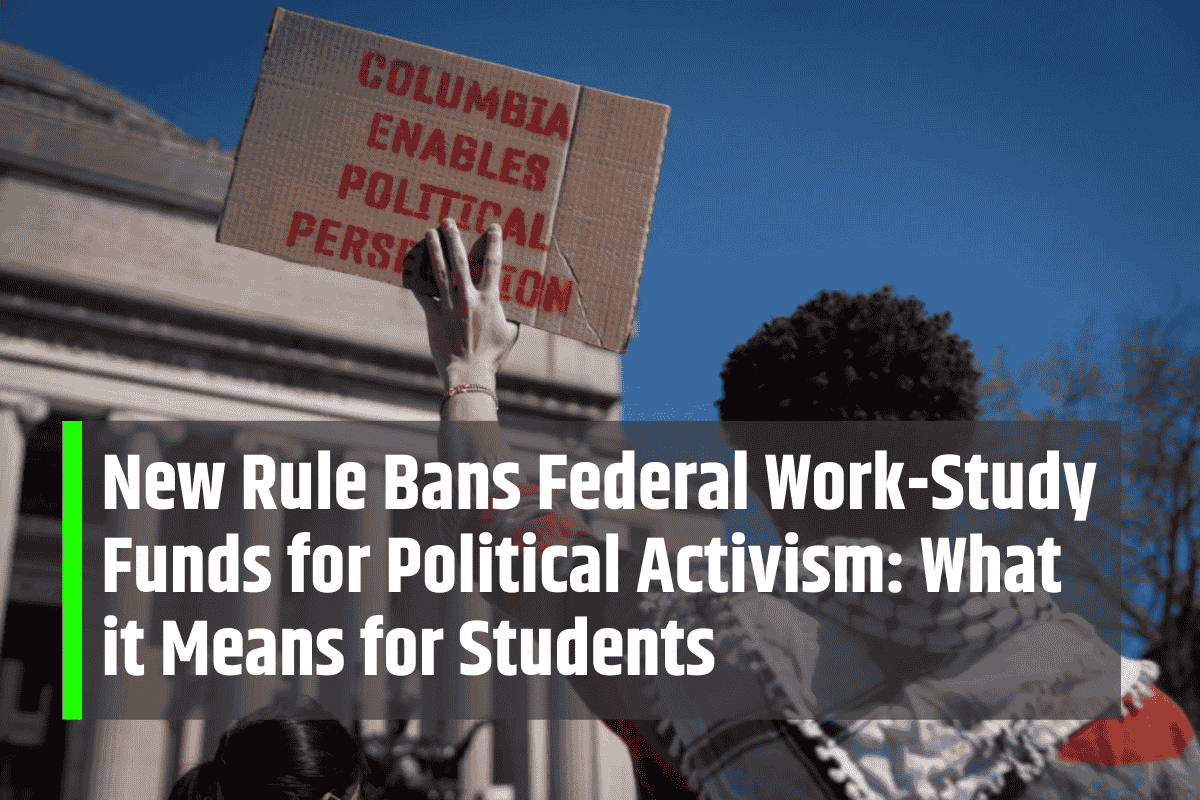
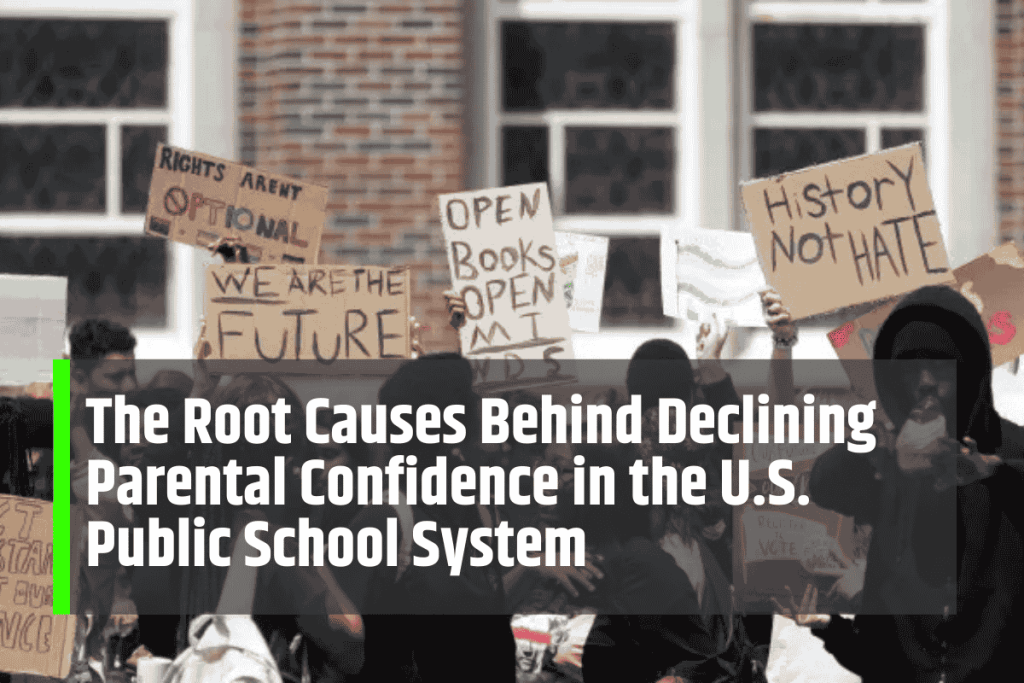
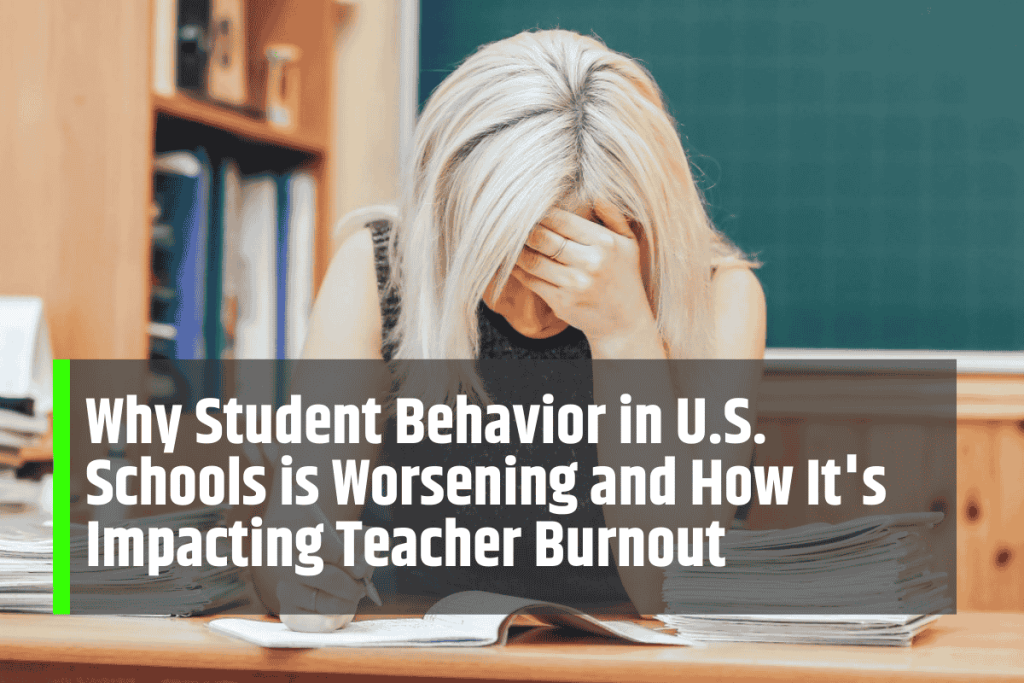
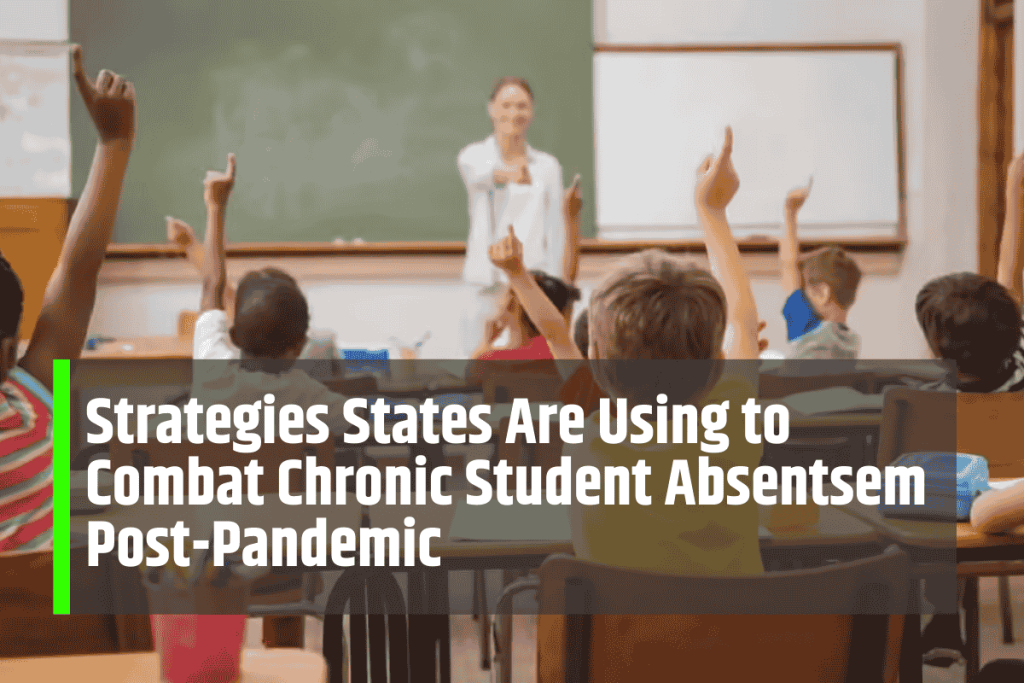
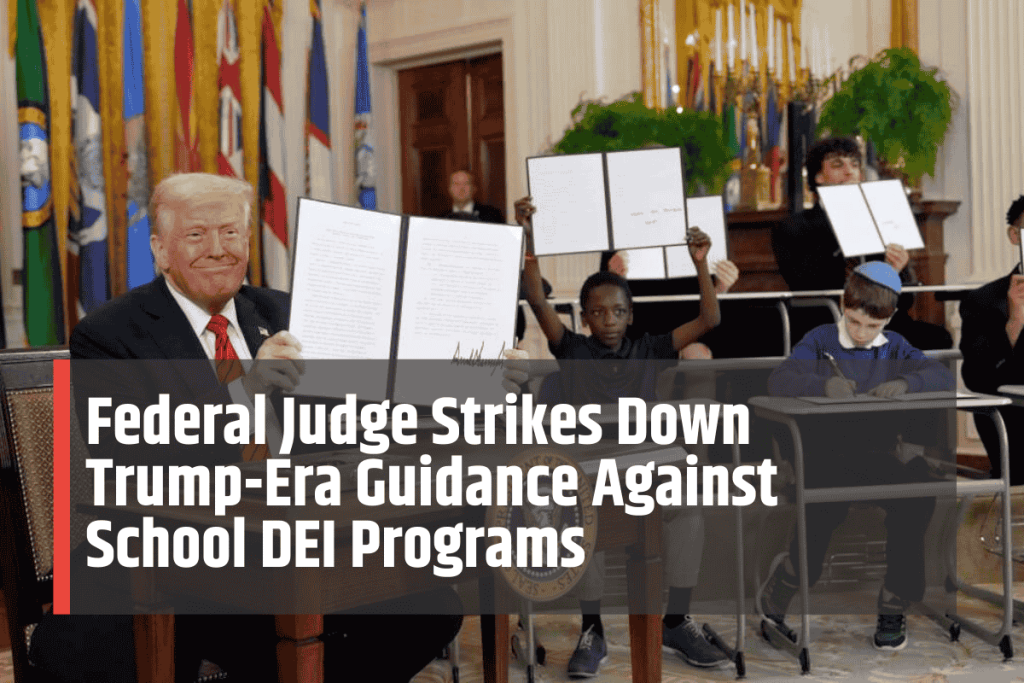
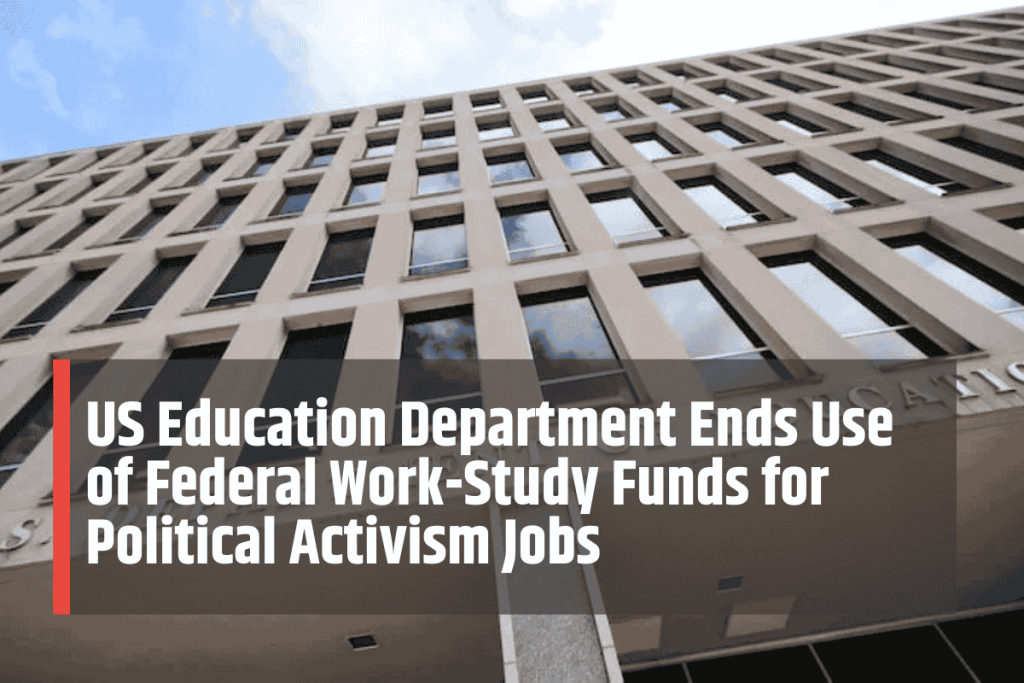
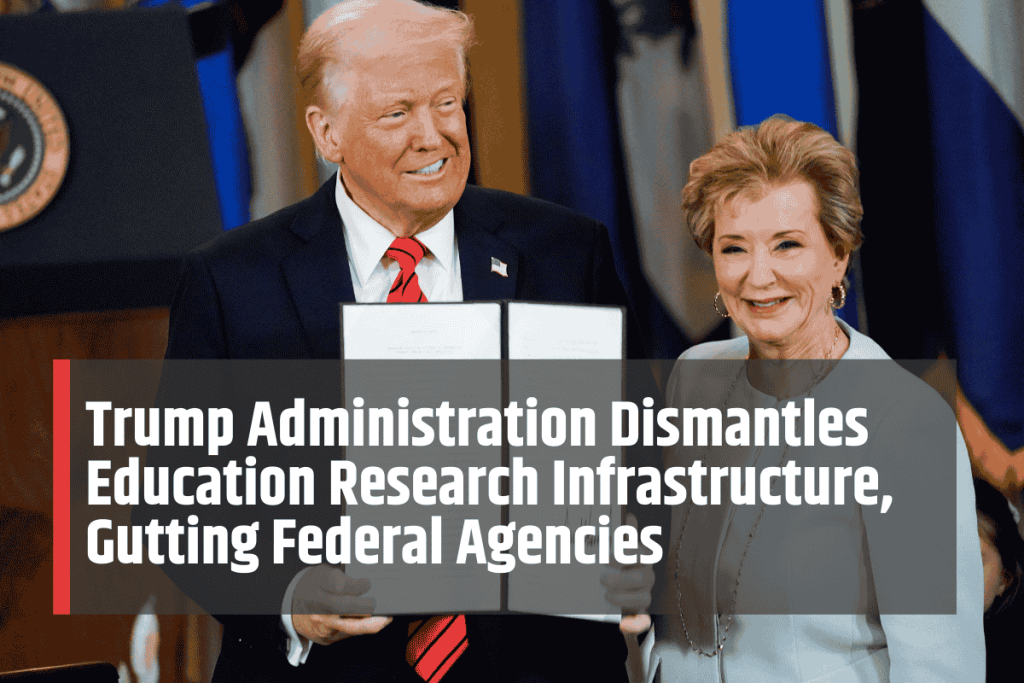
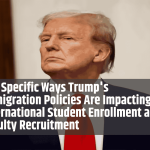

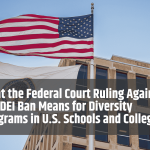
Leave a Comment